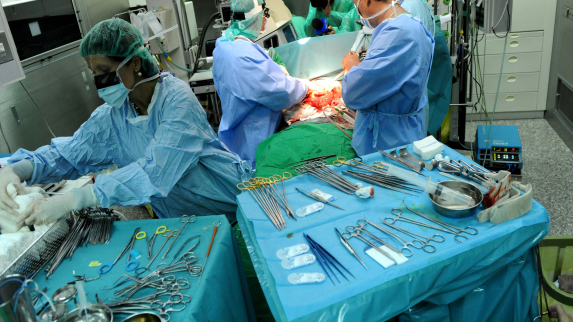Research findings from Rutgers, the University of Michigan, the University of Texas Southwestern, and the Medical University of South Carolina could save lives by enabling faster and more accurate identification of hospitalized patients who need liver transplants or are likely to recover. Retrospective analysis of blood samples and medical records from 270 patients admitted to the hospital with acute liver failure (ALF) found that concentrations of a short-lived but abundant serum protein called carbamoyl phosphate synthetase 1 (CPS1) helped predict which patients survive or die without a transplant. To read the full story.

